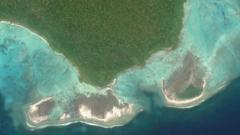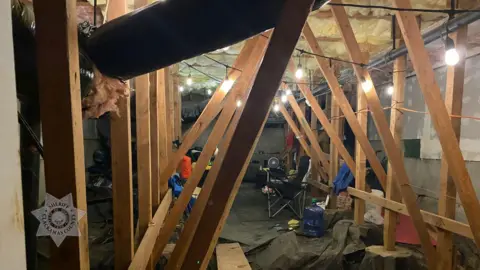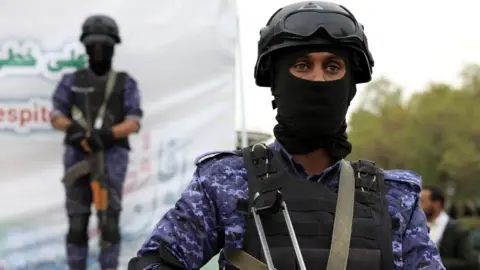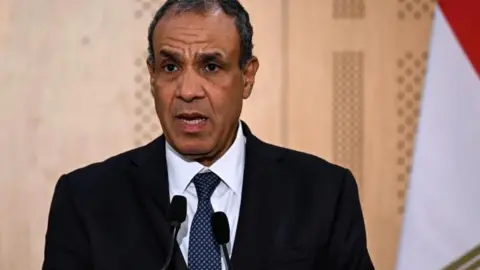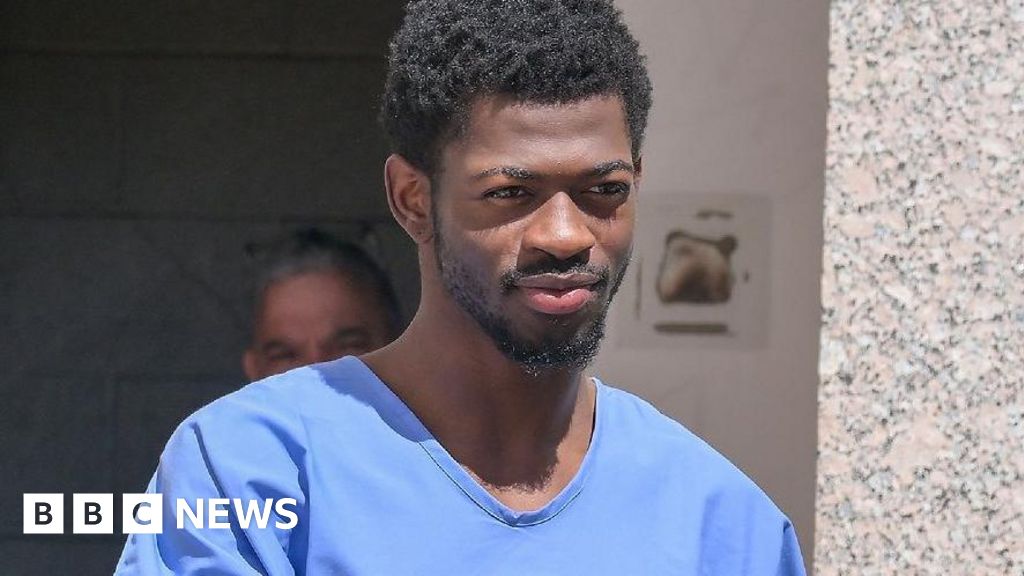In a disconcerting incident, a 24-year-old US tourist named Mykhailo Viktorovych Polyakov has been arrested for allegedly attempting to make contact with the notoriously isolated Sentinelese tribe on North Sentinel Island in the Indian Ocean. His actions, which included landing on the restricted island and filming his visit while leaving offerings like a can of coke and a coconut, have sparked outrage from conservationists and Indigenous rights advocates.
Survival International, a leading charity focused on the rights of Indigenous peoples, has condemned Polyakov's actions, labeling them as "deeply disturbing" and indicative of a growing trend where influencers pose new dangers to uncontacted tribes. The organization highlighted that such interactions threaten the lives of both the visitors and the tribes, who lack immunity to common diseases.
The US government stated it was aware of the situation and was monitoring developments. Andaman and Nicobar Islands police confirmed that Polyakov had been presented in court and was being held for three days while further investigations were conducted. Reports indicated that Polyakov, keen on seeking thrills, attempted to attract the tribe's attention with a whistle for about an hour before landing for a mere five minutes.
This is not Polyakov's first attempt to engage with the tribe; he reportedly visited the area previously and was thwarted by local hotel staff during another excursion. His approach raises alarms about the increasing number of thrill-seeking influencers drawn to such dangerous encounters, according to Jonathan Mazower, a spokesperson for Survival International.
He explained that this fascination with uncontacted tribes is a disturbing trend exacerbated by social media, alongside more traditional threats like logging and mining which often jeopardize Indigenous peoples' lands and lives. The Sentinelese, described as possibly the most isolated Indigenous people globally, number around 200 individuals who maintain a hunter-gatherer lifestyle.
The incident highlighting the fragility of tribes like the Sentinelese has brought attention to the necessity of robust governmental protections, especially under the UN's Indigenous and Tribal Peoples Convention, which affirms the rights of diverse communities. India's government has previously faced criticism for not effectively safeguarding these vulnerable populations against outside influences and potential evictions.
The history of uncontacted tribes is fraught with tragic encounters, such as the case of John Allen Chau, whose attempt to evangelize the Sentinelese in 2018 ended in his death at the hands of tribal members. The prevailing call is for heightened awareness and respect for the autonomy of uncontacted peoples and stringent measures to protect them from unwarranted interference from outsiders.
Survival International, a leading charity focused on the rights of Indigenous peoples, has condemned Polyakov's actions, labeling them as "deeply disturbing" and indicative of a growing trend where influencers pose new dangers to uncontacted tribes. The organization highlighted that such interactions threaten the lives of both the visitors and the tribes, who lack immunity to common diseases.
The US government stated it was aware of the situation and was monitoring developments. Andaman and Nicobar Islands police confirmed that Polyakov had been presented in court and was being held for three days while further investigations were conducted. Reports indicated that Polyakov, keen on seeking thrills, attempted to attract the tribe's attention with a whistle for about an hour before landing for a mere five minutes.
This is not Polyakov's first attempt to engage with the tribe; he reportedly visited the area previously and was thwarted by local hotel staff during another excursion. His approach raises alarms about the increasing number of thrill-seeking influencers drawn to such dangerous encounters, according to Jonathan Mazower, a spokesperson for Survival International.
He explained that this fascination with uncontacted tribes is a disturbing trend exacerbated by social media, alongside more traditional threats like logging and mining which often jeopardize Indigenous peoples' lands and lives. The Sentinelese, described as possibly the most isolated Indigenous people globally, number around 200 individuals who maintain a hunter-gatherer lifestyle.
The incident highlighting the fragility of tribes like the Sentinelese has brought attention to the necessity of robust governmental protections, especially under the UN's Indigenous and Tribal Peoples Convention, which affirms the rights of diverse communities. India's government has previously faced criticism for not effectively safeguarding these vulnerable populations against outside influences and potential evictions.
The history of uncontacted tribes is fraught with tragic encounters, such as the case of John Allen Chau, whose attempt to evangelize the Sentinelese in 2018 ended in his death at the hands of tribal members. The prevailing call is for heightened awareness and respect for the autonomy of uncontacted peoples and stringent measures to protect them from unwarranted interference from outsiders.

